Building Bridges to Recovery: The Power of Peer Support

Peer support plays a vital role in helping individuals overcome addiction by offering empathetic guidance, shared experiences, and practical assistance. It extends across all phases of recovery—before, during, and after formal treatment—creating a community-based approach that fosters hope, resilience, and sustained wellness.
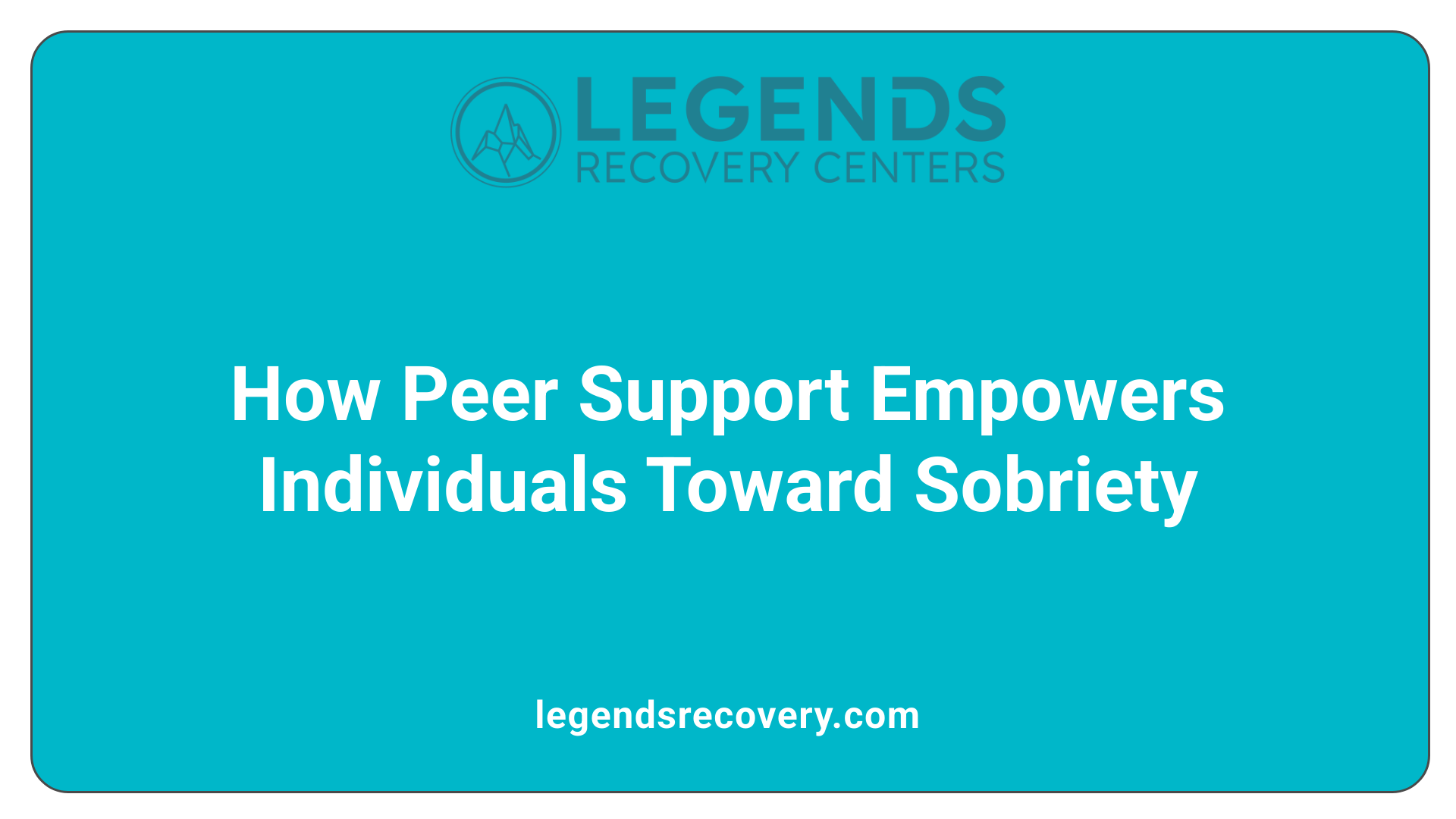
Peer support involves individuals who have personally experienced addiction and recovery offering encouragement, guidance, and practical help to others on their own recovery journeys. These individuals, often called peer supporters or peer workers, provide emotional backing, share effective coping strategies, and teach skills that promote sobriety and resilience.
This form of support plays a vital role in addiction recovery by creating an environment of understanding and shared experience. It helps reduce feelings of isolation, which is common among those struggling with substance use disorders. Peer supporters serve as relatable role models, demonstrating that recovery is possible and sustainable.
Support services delivered by peers—such as Recovery Coaches, support groups like Narcotics Anonymous (NA) or SMART Recovery, and online communities—complement traditional clinical treatments. They foster a sense of community, hope, and mutual understanding, which are crucial for long-term success.
In addition, peer support connects individuals with vital resources such as treatment centers, sober housing, vocational training, and mental health services. This holistic support addresses social and environmental barriers to recovery, making the recovery process more accessible and personalized.
Overall, peer support helps individuals develop confidence, set goals, and acquire lasting skills for managing their health. Its inclusive, non-judgmental approach encourages ongoing engagement, personal growth, and resilience—cornerstones of sustained sobriety.
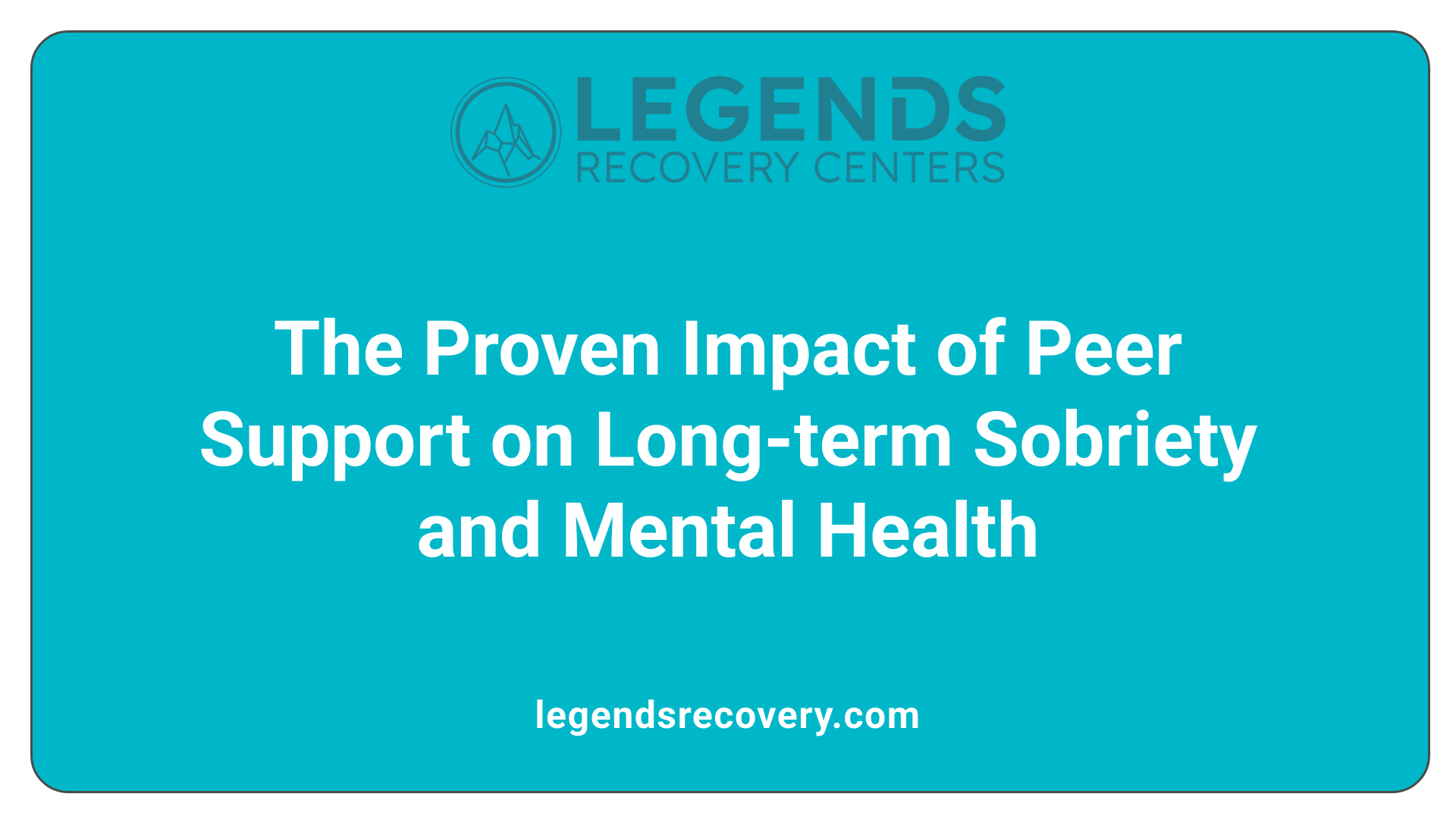
Peer support groups are vital in addiction recovery because they provide a safe, empathetic environment for individuals to share their experiences and learn from others who have faced similar struggles. These groups foster understanding and emotional validation, which are crucial for building confidence and motivation to stay sober.
One of the most significant benefits of peer support groups is their role in reducing stigma. When individuals share their stories openly, it helps normalize the recovery process and diminishes feelings of shame and isolation. Connecting with peers who have succeeded in their recovery journey can inspire hope and serve as proof that change is possible.
Engaging in these groups can also enhance social skills and increase feelings of belonging, which combat loneliness often associated with addiction. The supportive environment encourages open communication, trust, and accountability, all of which are key elements in maintaining long-term sobriety.
Furthermore, participation in peer groups can positively influence mental health by reducing symptoms of depression and anxiety that often accompany addiction. Improved self-esteem and a stronger sense of community motivate individuals to adhere to their recovery plans.
While peer support has proven to be highly effective, it is not without challenges. Lack of professional oversight and potential conflicts among members might limit some benefits. Nonetheless, the overall impact of peer support groups on emotional well-being and resilient recovery communities remains substantial.
| Benefits of Peer Support Groups | Impact on Addiction Recovery | Additional Details |
|---|---|---|
| Emotional support and validation | Increased motivation and hope | Peer stories inspire sustained sobriety |
| Reduction of stigma and shame | Enhanced social skills | Community connections foster belonging |
| Decrease in feelings of loneliness | Better mental health outcomes | Support for managing triggers and cravings |
| Improved self-esteem and confidence | Higher treatment adherence | Peer mentorship aids in setting goals |
| Promotion of open communication and trust | Long-term recovery support | Integration with professional therapies |
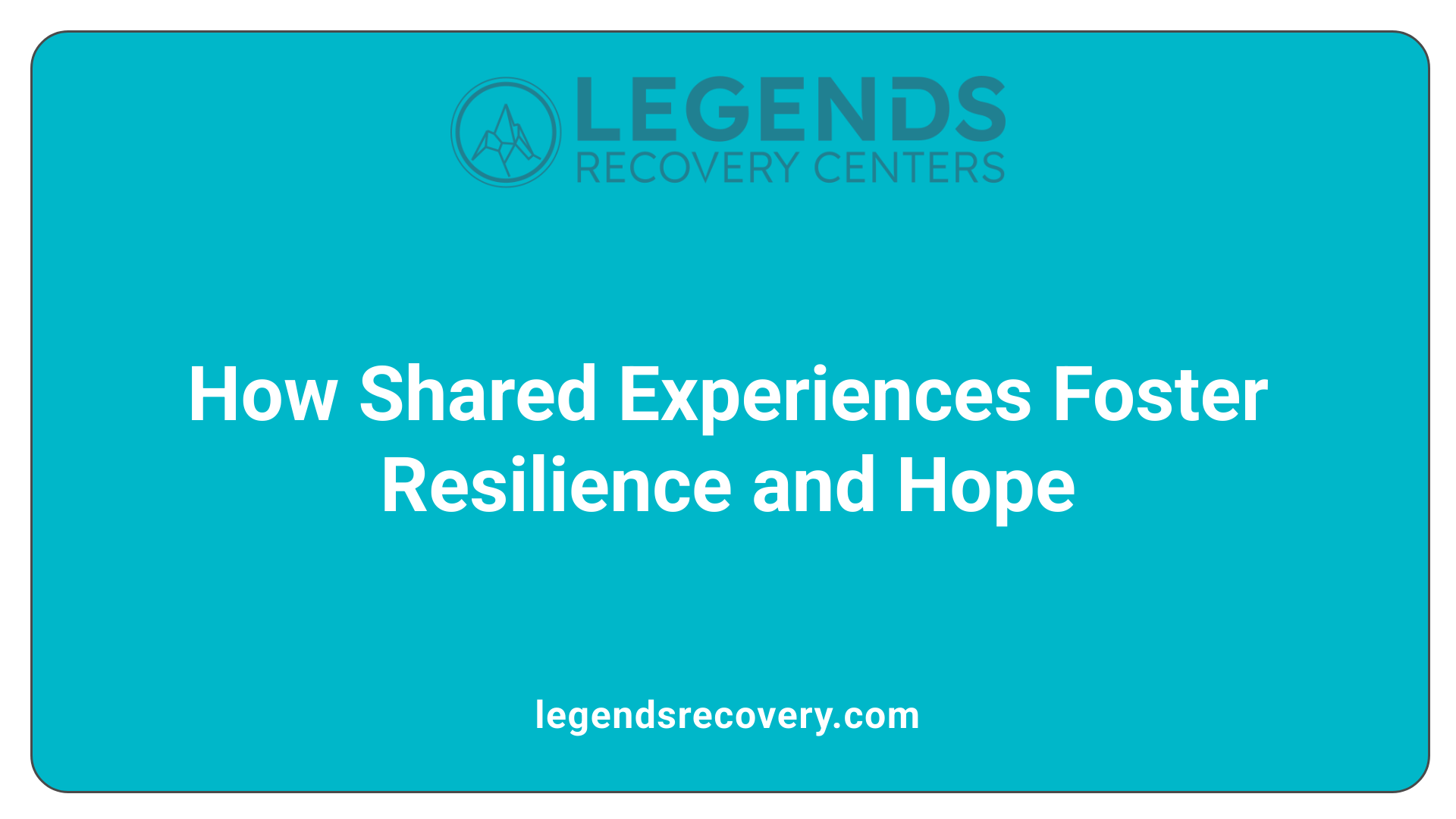
Peer support plays a vital role in both recovery from substance use disorders and the improvement of mental health conditions. It fosters a sense of hope and connection by bringing together individuals who share similar experiences, creating a safe space for open and honest communication. This mutual understanding helps to normalize struggles, reduce feelings of stigma, and build a sense of belonging.
Through shared storytelling and empathetic listening, peer support offers practical advice and coping strategies that are tailored from real-life experiences. These interactions empower individuals to take proactive steps toward their recovery goals, feeling less alone in their journey. The support network not only provides emotional backing but also a platform for motivation and resilience.
Peer support benefits various mental health issues, including depression, anxiety, PTSD, and bipolar disorder, by encouraging social engagement and reducing feelings of loneliness. The sense of community and understanding innate to peer groups helps to alleviate symptoms and enhances overall well-being. It acts as a complement to professional treatments like therapy and medication, reinforcing positive behaviors, fostering hope, and enabling sustainable recovery.
In summary, peer support significantly enhances recovery outcomes by nurturing connection, providing practical tools, and promoting mental resilience through shared experiences, ultimately helping individuals lead healthier, more empowered lives.
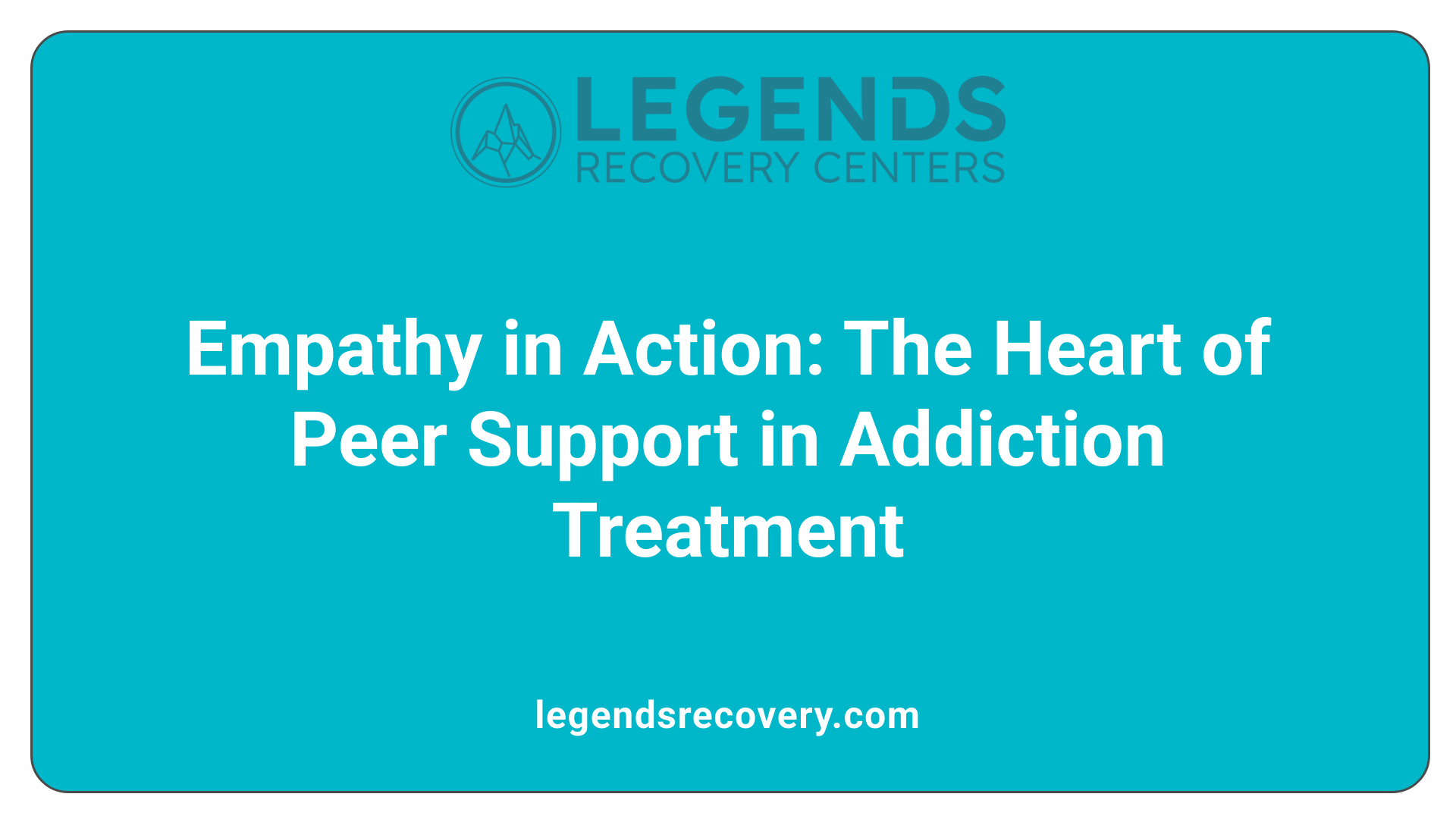
Peer support workers are integral to addiction recovery because they bring personal experience and empathy to their roles. They serve as connectors, guides, educators, and advocates, helping individuals navigate complex treatment systems and access vital resources. Their firsthand understanding of addiction enables them to offer authentic encouragement, reduce feelings of shame, and foster a sense of hope.
These workers facilitate engagement by providing a safe, judgment-free space for sharing struggles and successes. They help clients set personal recovery goals and develop practical plans, which can include finding housing, employment, or ongoing support services. By doing so, they not only support individual recovery but also strengthen overall treatment retention and participation.
Furthermore, peer support workers act as community builders. They promote social connection, accountability, and cultural sensitivity, making recovery a personalized journey. Their involvement in treatment programs enhances motivation and helps sustain recovery efforts over the long term, ultimately improving health and social outcomes for clients.
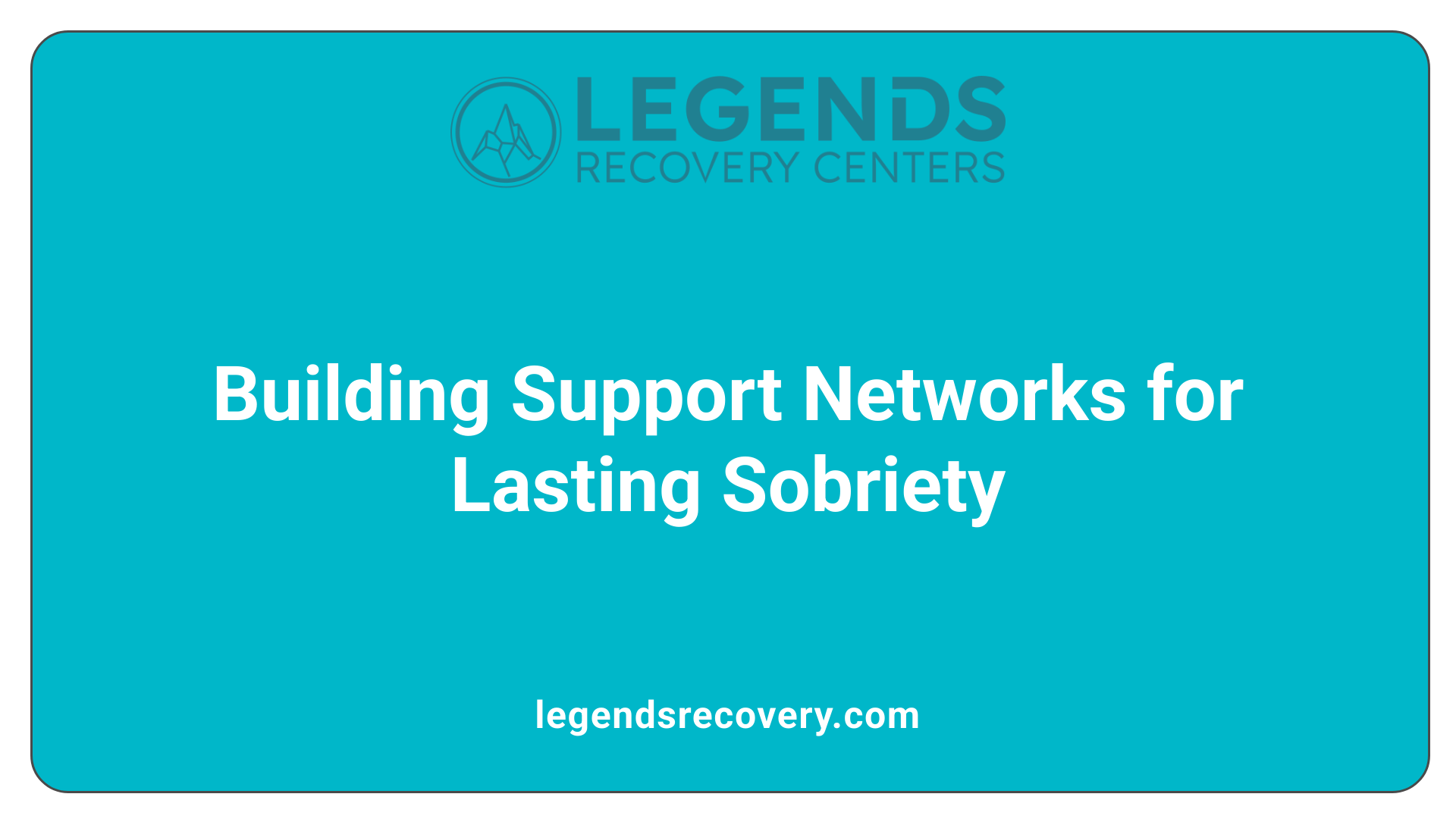
Community involvement and peer connection are vital components in the journey toward recovery from substance use disorders. Participating in peer support groups fosters a sense of belonging, which helps individuals feel less isolated and more understood. Sharing personal experiences and coping strategies in these groups creates a supportive environment where individuals can develop confidence in their recovery process.
Engaging with social networks and community resources broadens one’s social capital—the assets and support systems available within the community. This increased social capital boosts resilience, offering emotional backing, practical help, and motivation during challenging times. It also enhances self-efficacy, empowering individuals to take control of their recovery and maintain sobriety.
Involvement in community activities and pro-social groups encourages positive social learning, promoting the adoption of healthy behaviors through social contagion. Such environments foster identity change, transforming perceptions of oneself and reinforcing a recovery-oriented identity. By connecting with others who share similar goals, individuals strengthen their commitment to sobriety.
Research indicates that active community participation reduces the risk of relapse and improves overall quality of life. This holistic social engagement builds recovery capital—personal, social, and community assets—that supports long-term sobriety and resilience.
Ultimately, active involvement in community and peer groups helps create an ecosystem of support that sustains recovery, promotes positive social change, and diminishes the stigma often associated with addiction. This social integration not only fosters hope but also provides ongoing motivation essential for enduring recovery.
Peer support plays a vital role in helping individuals navigate the challenging detox phase of recovery. Supporters who have experienced recovery themselves offer emotional encouragement, reassurance, and practical coping strategies to manage withdrawal symptoms and cravings. Knowing they are not alone and that others have successfully overcome similar hurdles can motivate individuals to stick with detox programs.
During detox, peer groups provide a safe and understanding environment where individuals can openly share their fears and struggles. This emotional backing reduces feelings of anxiety and isolation, common barriers to completing detox successfully. The shared experience creates a sense of hope, illustrating that recovery is achievable, which can boost resilience and determination.
Research consistently shows that peer support can significantly decrease risky behaviors associated with substance use, such as sharing injection needles and equipment that transmit HIV and HCV. Peer support groups foster education around safer injection practices and encourage behaviors that lower transmission risks.
Peers who have maintained sobriety often serve as role models, demonstrating healthier behaviors and dispelling myths about drug use. They facilitate discussions on harm reduction strategies and motivate individuals to adopt safer habits. The camaraderie and accountability within peer groups reinforce these behaviors, reducing the likelihood of relapse and associated risky activities.
Engagement in peer support activities has been linked to higher rates of treatment adherence and lower relapse rates. Peers help individuals set realistic goals, create personalized recovery plans, and stay motivated through ongoing encouragement.
Supporters often assist in overcoming practical barriers, such as connecting individuals with housing, employment, and healthcare resources, which are vital social determinants of health. This comprehensive support enhances the likelihood of maintaining long-term sobriety.
Furthermore, peer groups foster a sense of accountability and community, critical factors in preventing relapse. Sharing success stories and struggles creates a motivating environment that reinforces commitment to sobriety. Continuous peer engagement provides a safety net, especially during vulnerable periods early in recovery, fostering resilience and sustained efforts toward long-term recovery.
Peer support fosters a shared sense of purpose, hope, and resilience essential for overcoming addiction. Its multifaceted roles—from providing emotional backing and practical guidance to facilitating community engagement—make it an indispensable component of modern recovery strategies. Recognizing and investing in peer-driven initiatives can significantly improve treatment engagement, reduce relapse, and support long-term sobriety. By embracing community involvement and the power of shared experience, we strengthen the foundation for enduring recovery, transforming lives one connection at a time.